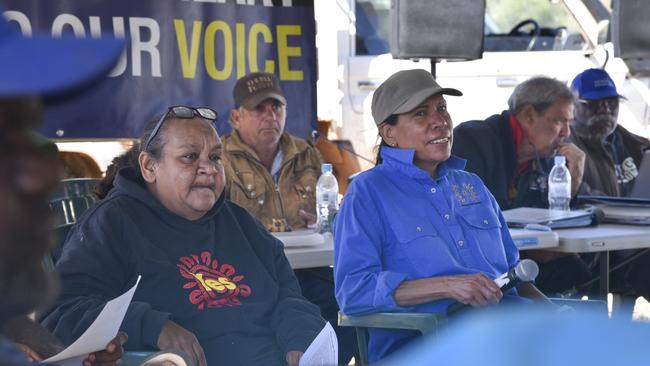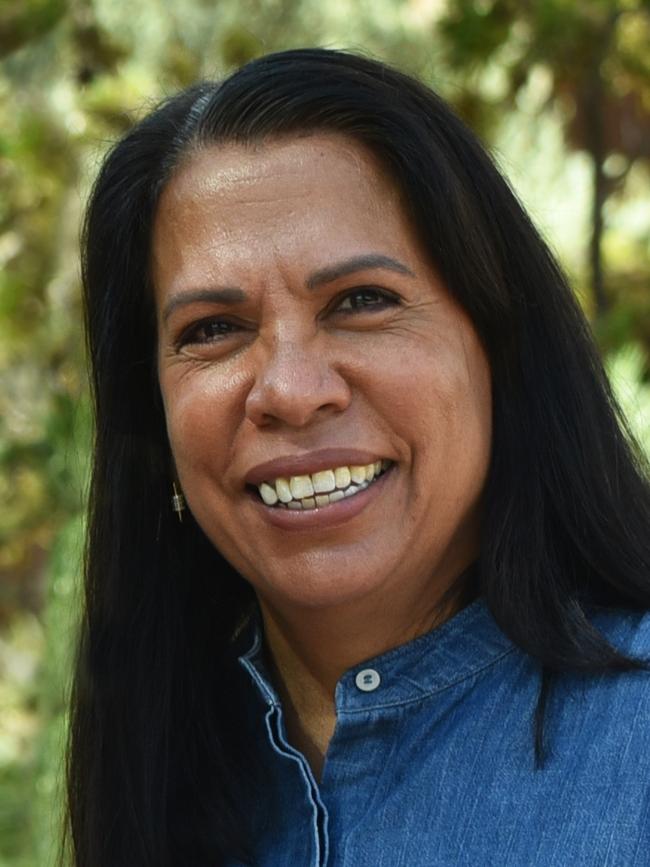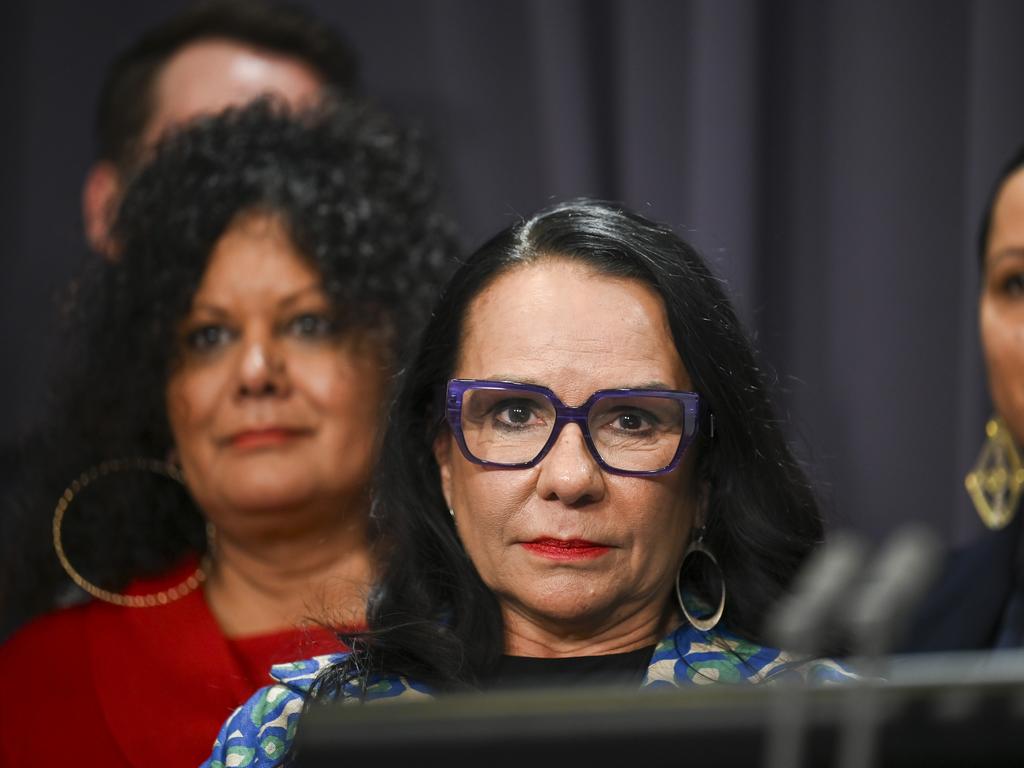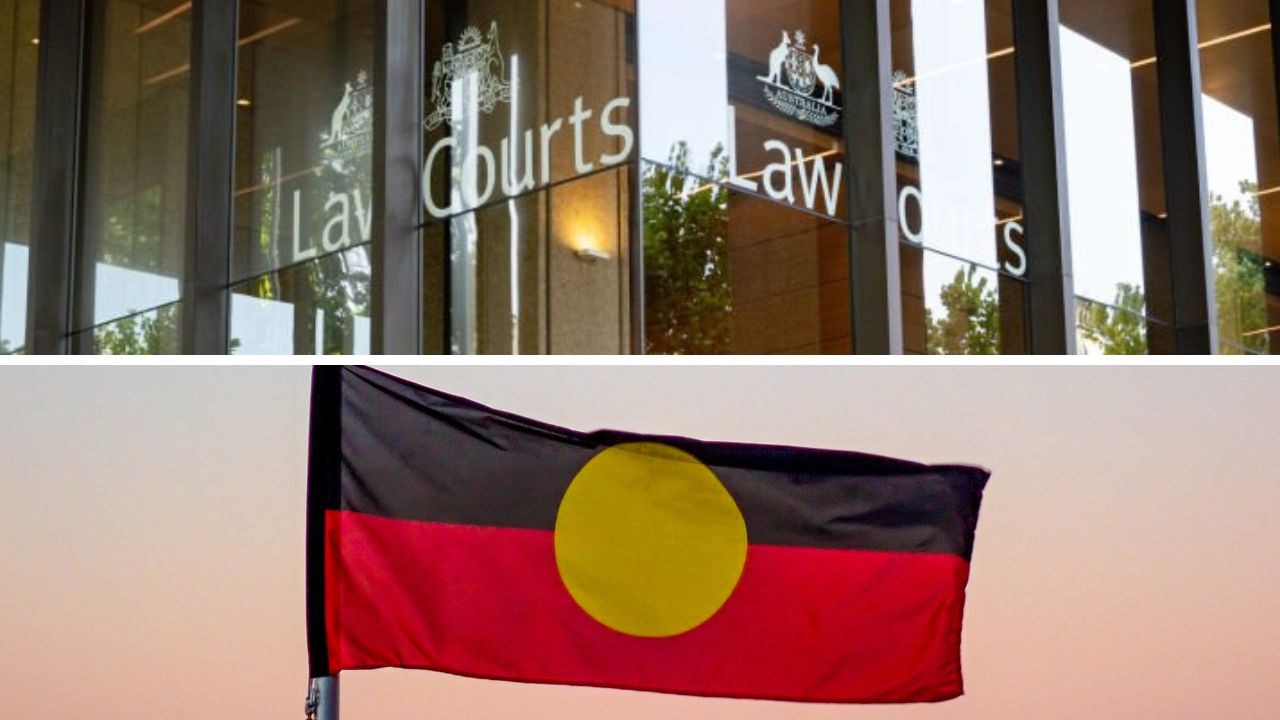Indigenous voice to parliament priorities: Aboriginal health, work and housing
Indigenous body predicted to help shape the voice if Australians vote yes at the referendum says it wants to ‘change lives, not dates.’

Higher prices on sugary drinks and foods, Aboriginal-controlled remote housing and a reformed work-for-the-dole scheme are the priorities for the Indigenous voice to parliament, according to one of the land councils predicted to help shape the advisory body if Australians vote yes at the referendum.
The Central Land Council, comprising 90 men and women elected by their communities in and around Alice Springs, has categorically rejected suggestions the voice could or should advise on matters such as the date of Australia Day. Instead, the council’s policy manager, Josie Douglas, a Wardaman woman from Alice Springs, has set out three priorities for practical change that the voice must turn its attention to.
“We want to change lives, not dates,” Dr Douglas said.

Because of its reach into remote communities, the Central Land Council is likely to play a role in consultations with Indigenous people about the structure of the voice if the referendum later this year is successful. The only comprehensive report about what the voice could look like, completed in 2021 for the Morrison government, suggests land councils would help decide the composition of local and regional voices that link ultimately to the national voice. This gives weight to the views of the Central Land Council on what the voice must do.
Dr Douglas said the food crisis in remote communities was one of the direct causes of the diabetes epidemic in Central Australia. She believes the Indigenous voice must push the advice of Aboriginal health organisations that had been ignored. This included making fresh food available and affordable in remote stores and marking up nutritionally-barren foods and drinks that were high in sugar. The NT Market Basket Survey shows a healthy diet costs 52 per cent more in remote communities than in supermarkets.
“Aboriginal people in Central Australia have the highest rates of Type 2 diabetes in the world,” Dr Douglas said.

“The massive cost to buy healthy food in remote locations means that people are living on cheap and ultra-processed foods.
“The voice would provide a stronger level of advocacy directly to parliament on many solutions that have been put forward over the years … such as policies that make fresh food cheaper given the very remote locations and high glucose foods much more expensive, along with policies to lift people out of poverty.”
Dr Douglas said, on employment, government policy shifts in recent decades had contributed to the decline in remote employment opportunities.
“The NT’s Indigenous employment rate is the lowest in the country and the gap is widening. Deepening poverty is contributing to its social challenges,” Dr Douglas told The Australian.
The Central Land Council initially supported the abolition of the old work-for-the-dole scheme, called the Community Development Employment Program, because it believed government promises that a new program would be designed with Indigenous people and offer real jobs, proper wages and decent conditions. “Though well-intentioned, the approach to reform has been disjointed. Some of the public servants we’re dealing with on CDP reform have very limited understanding of remote communities, having only visited a couple of them and not for long.”
The Central Land Council wants the voice to help ensure Indigenous people are part of the changes. It believes this will give the best chance of meeting the Closing the Gap target that by 2031, 62 per cent of Indigenous adults aged 25 to 64 will be employed. That target is on track to be met everywhere except in very remote Australia, where the Central Land Council’s members live. Latest data from Closing the Gap shows that in very remote communities, just 35 per cent of Indigenous people aged 25 to 64 have jobs.
“We would also ask the voice to advise a transition to an Aboriginal-controlled remote housing system that enshrines Aboriginal governance at the local, regional and NT level, creates jobs and offers better housing and tenancy support,” Dr Douglas said.








To join the conversation, please log in. Don't have an account? Register
Join the conversation, you are commenting as Logout